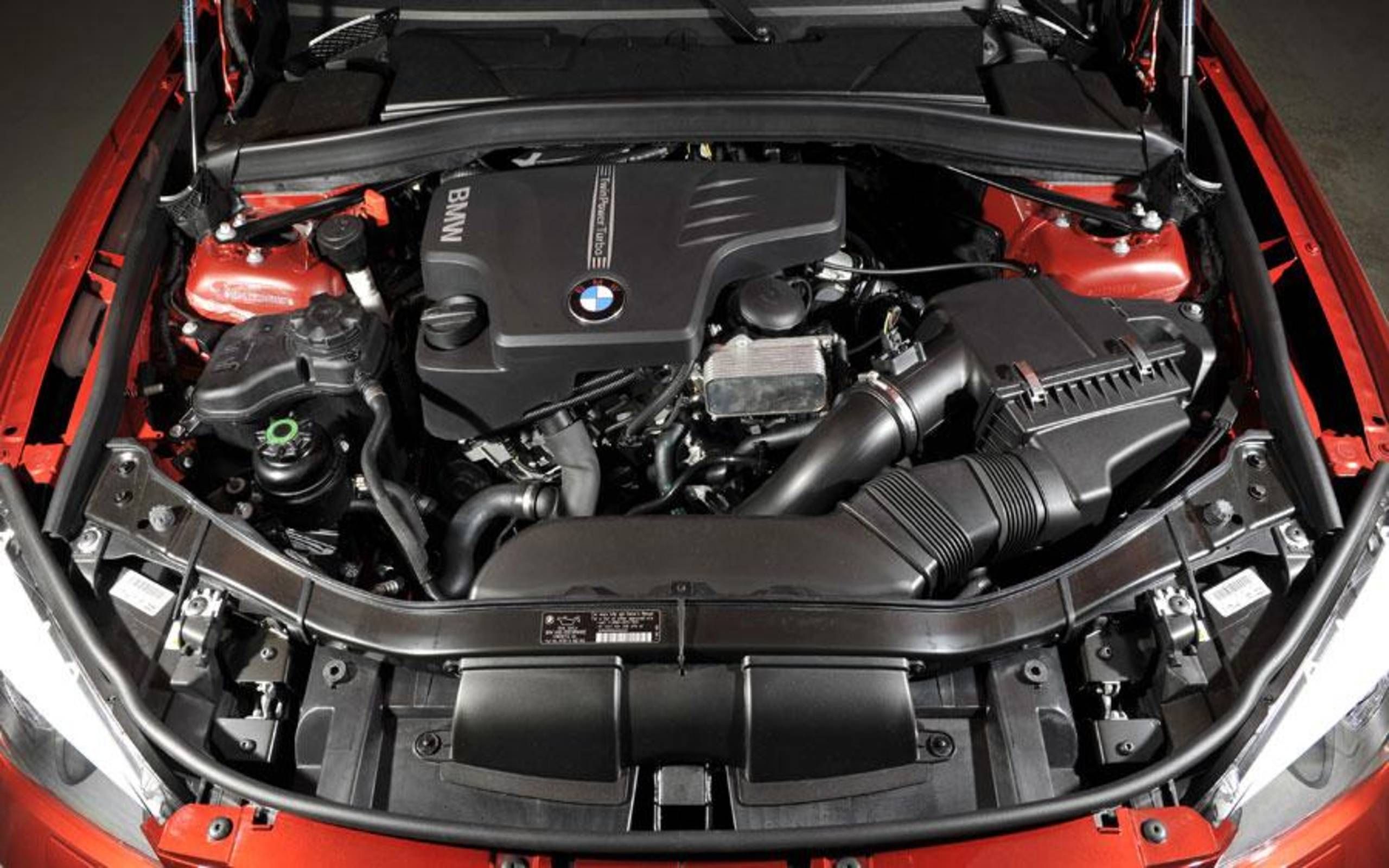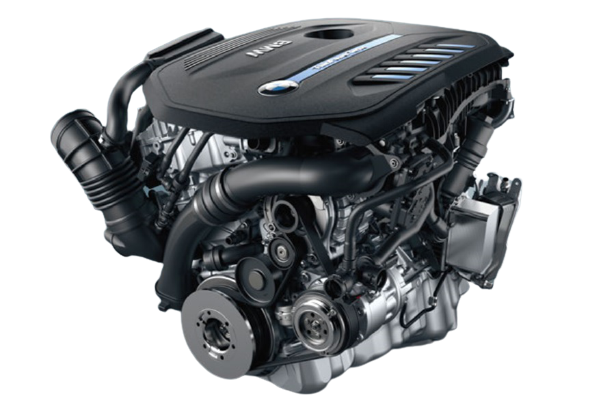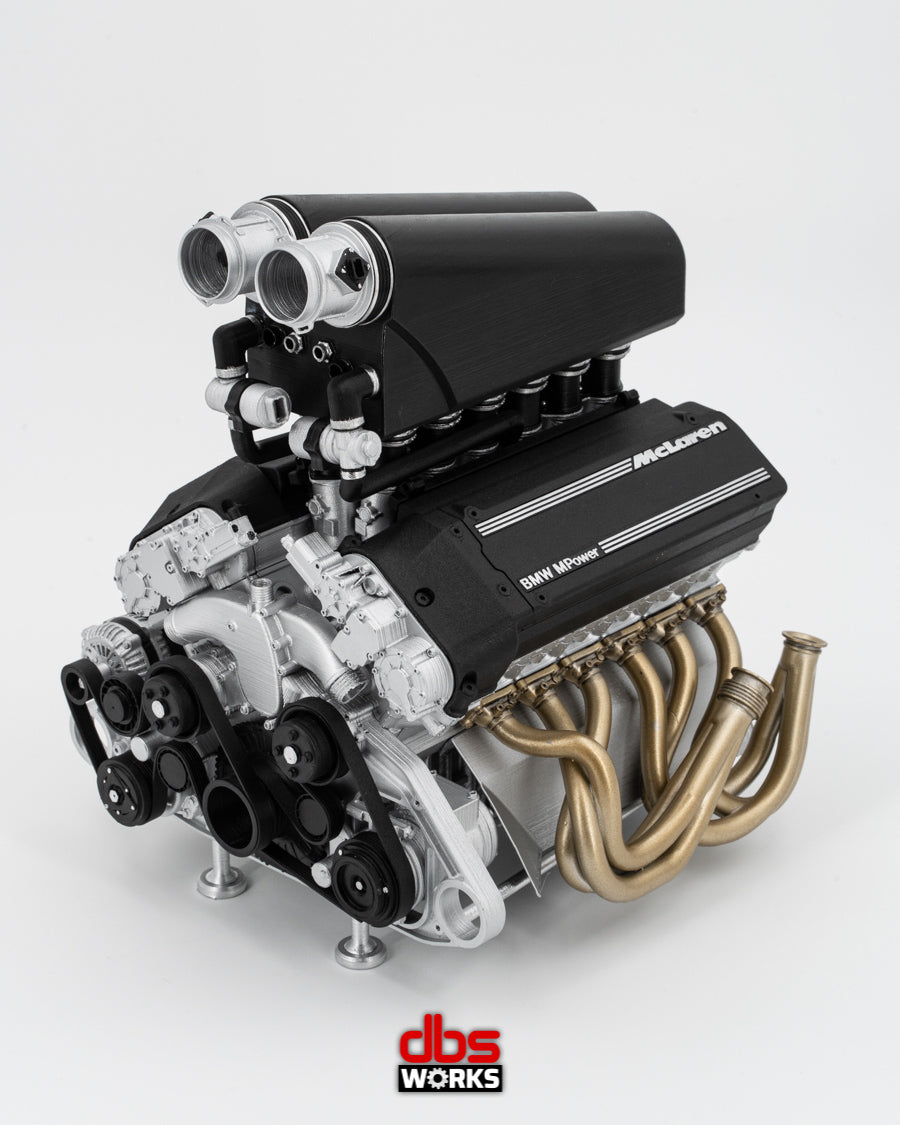Common Problems Encountered by BMW Engine Owners and Exactly How to Address Them
Common Problems Encountered by BMW Engine Owners and Exactly How to Address Them
Blog Article
Introducing the Intricacies of Next-Generation Power Units: a Deep Study Advanced Engine Advancements and designs
In the world of auto engineering, the unrelenting search of sustainability, efficiency, and efficiency has propelled the evolution of power devices to unprecedented heights. As we base on the precipice of a new period in transportation, the ins and outs of next-generation engine designs bid us to check out the cutting-edge modern technologies and technologies that assure to redefine the driving experience. From innovative products that press the limits of longevity and weight reduction to advanced turbocharging and turbo charging systems that elevate power result to brand-new degrees, each element of these power systems holds a crucial to opening the future of vehicle engineering. Digging deeper into the worlds of discharge control, smart engine monitoring systems, and the horizon of power unit advancement, we discover ourselves on the cusp of a transformation that assures to improve the landscape of mobility as we understand it.
Development of Engine Products

The shift in the direction of progressed engine materials has actually additionally made it possible for designers to design engines with higher power results while keeping gas performance requirements. For example, using lightweight materials minimizes the overall weight of the engine, resulting in enhanced gas economic climate and reduced emissions. In addition, innovations in materials innovation have actually enabled better thermal administration within engines, resulting in raised integrity and long life.
Turbocharging and Supercharging Technologies
How do Turbocharging and Supercharging Technologies transform engine efficiency and performance in contemporary lorries? Supercharging and turbocharging are technologies that substantially boost engine efficiency by enhancing the amount of air intake right into the combustion chamber. Turbocharging accomplishes this by making use of a generator driven by exhaust gases to pressurize the consumption air, while supercharging utilizes a belt- or chain-driven compressor to attain the same result.
These modern technologies enable smaller, extra fuel-efficient engines to generate power comparable to bigger ones, referred to as downsizing. By compeling more air into the cyndrical tubes, turbocharging and supercharging improve combustion performance, causing increased horse power and torque output without a considerable rise in engine size. This brings about better acceleration, pulling capability, and overall driving performance.
Additionally, turbocharging and supercharging add to improved fuel efficiency by enabling the usage of smaller engines that consume less fuel under typical driving problems - bmw engine. This mix of enhanced performance and efficiency has made turbocharging and turbo charging integral parts of lots of modern-day engine designs
Exhaust Control and Environmental Impact
With raising worldwide problems pertaining to air top quality and ecological sustainability, the implementation of emission control modern technologies in cars plays a crucial function in decreasing dangerous contaminants released right into the ambience. Modern vehicles are geared up with sophisticated emission control systems that aid decrease the ecological impact of automotive operations. Catalytic converters, for example, are created to transform toxic gases such as carbon monoxide gas, nitrogen oxides, and hydrocarbons right into less harmful materials like carbon dioxide and water vapor.
In addition, improvements in engine innovation, such as the integration of exhaust gas recirculation systems and selective catalytic decrease, have actually substantially added to lowering emissions. These modern technologies operate in tandem to optimize combustion effectiveness and reduce the Homepage release of dangerous pollutants into the air. Additionally, the growth of crossbreed and electrical cars stands for an important step in the direction of reducing the overall environmental impact of the transportation market.
Intelligent Engine Monitoring Systems

Additionally, these systems make it possible for lorries to satisfy strict exhausts requirements without endangering performance, supplying an extra eco-friendly driving experience. The combination of expert system and device learning capacities in engine management systems proceeds to press the boundaries of what is feasible, causing further enhancements in efficiency, dependability, and total vehicle performance. bmw engine. As automotive innovation advances, smart engine monitoring systems will play a vital role fit the future of transport in the direction of an extra lasting and reliable direction
Future Trends in Power System Development
As smart engine management systems lead the method for improved control and optimization article source in contemporary cars, future trends in power device growth are positioned to redefine the landscape of automotive propulsion technologies. These different power resources provide boosted performance and performance while aligning with rigid ecological policies.
An additional substantial fad is the combination of sophisticated materials and making techniques. Lightweight products such as carbon fiber and light weight aluminum are being used to decrease overall car weight, improving fuel effectiveness and performance. Furthermore, innovations in 3D printing and additive manufacturing are making it possible for the production of intricate engine elements with higher precision and durability.
In addition, expert system and artificial intelligence are playing an essential function in optimizing power device performance. These modern technologies permit real-time surveillance and flexible control, bring about a lot more effective and reputable power shipment. Overall, future trends in power unit development are geared in the direction of performance, sustainability, and efficiency, driving the vehicle market in the direction of a new era of propulsion technologies.

Final Thought
In verdict, the developments in engine products, turbocharging, exhaust control, and smart administration systems have led the way for next-generation power systems. These technologies have not just enhanced performance and efficiency yet additionally reduced environmental effect. As innovation proceeds to advance, future fads in power device development are likely to concentrate on more enhancing sustainability and optimizing power result. The elaborate layouts and developments in modern engines showcase the ongoing advancement of automotive modern technology.
Discovering the modern innovations in engine products has been essential in enhancing the performance and efficiency of modern-day engines. Over the years, the development of engine materials has played a crucial duty in pressing the borders of what engines can accomplish.The change in the direction of progressed engine products has likewise made it possible for designers to create engines with higher power outcomes while maintaining fuel efficiency standards.The application of intelligent engine administration systems in contemporary cars has actually revolutionized the way engines are managed and maximized for efficiency and effectiveness. By gathering data in real-time and analyzing it with this content innovative formulas, smart engine monitoring systems can adapt to driving styles, environmental factors, and engine wellness to make best use of power result while lessening gas usage and exhausts.
Report this page